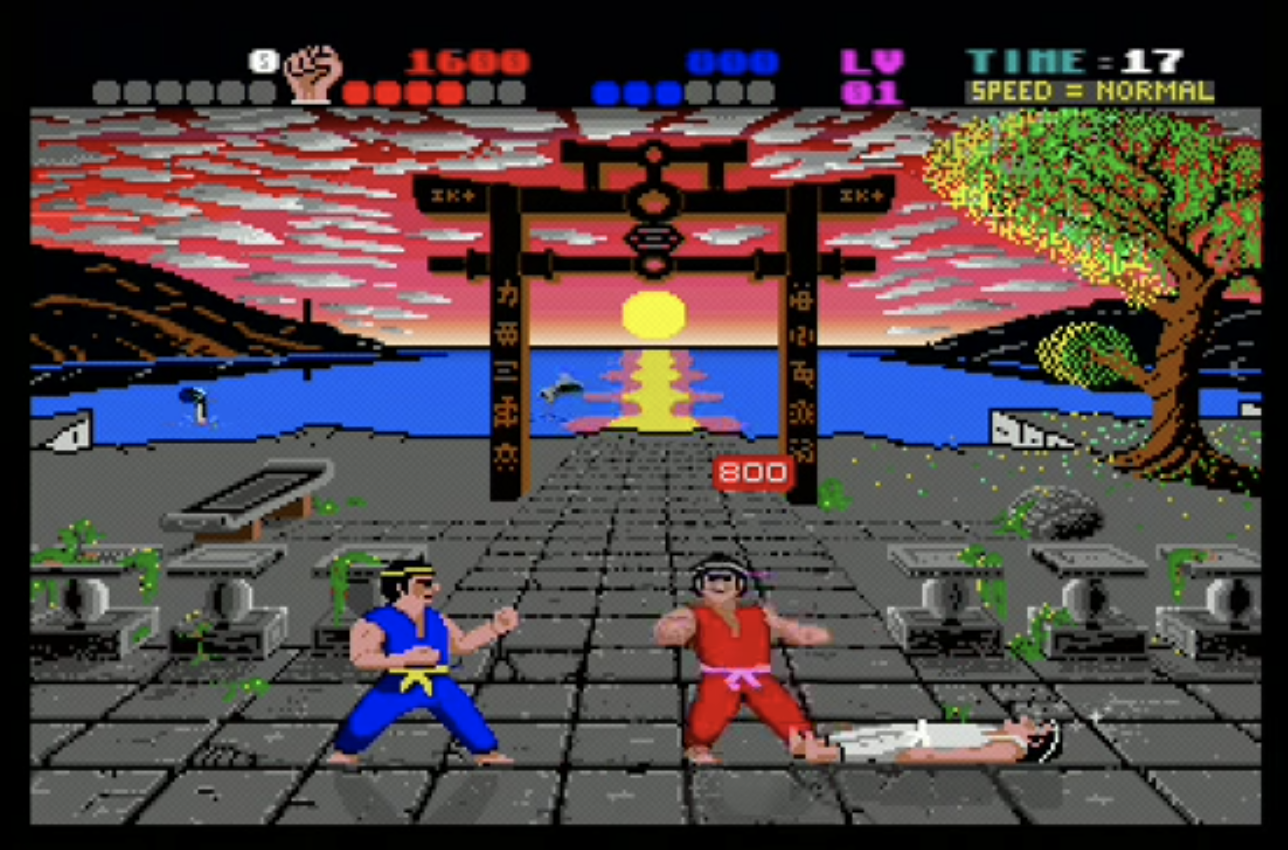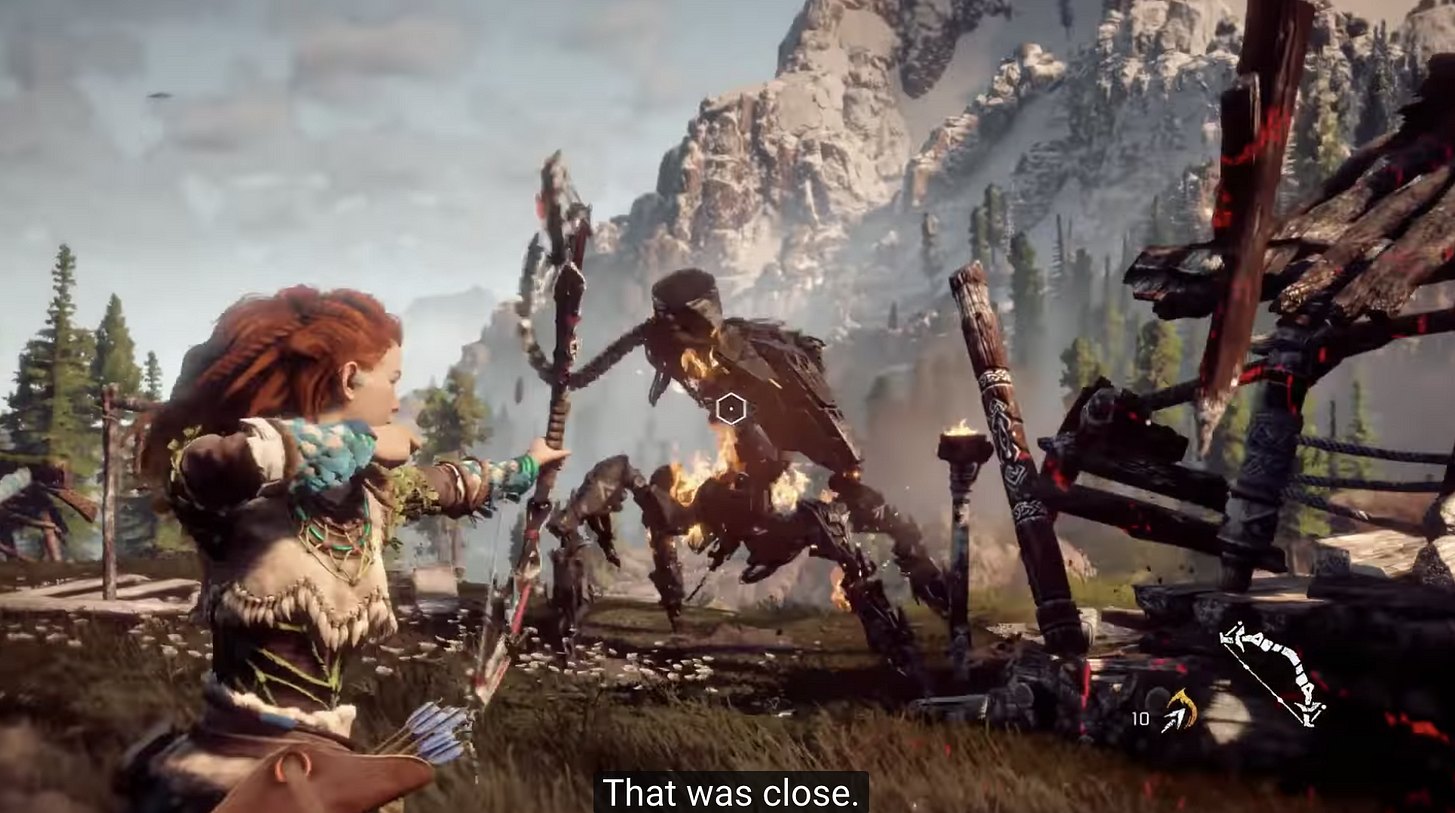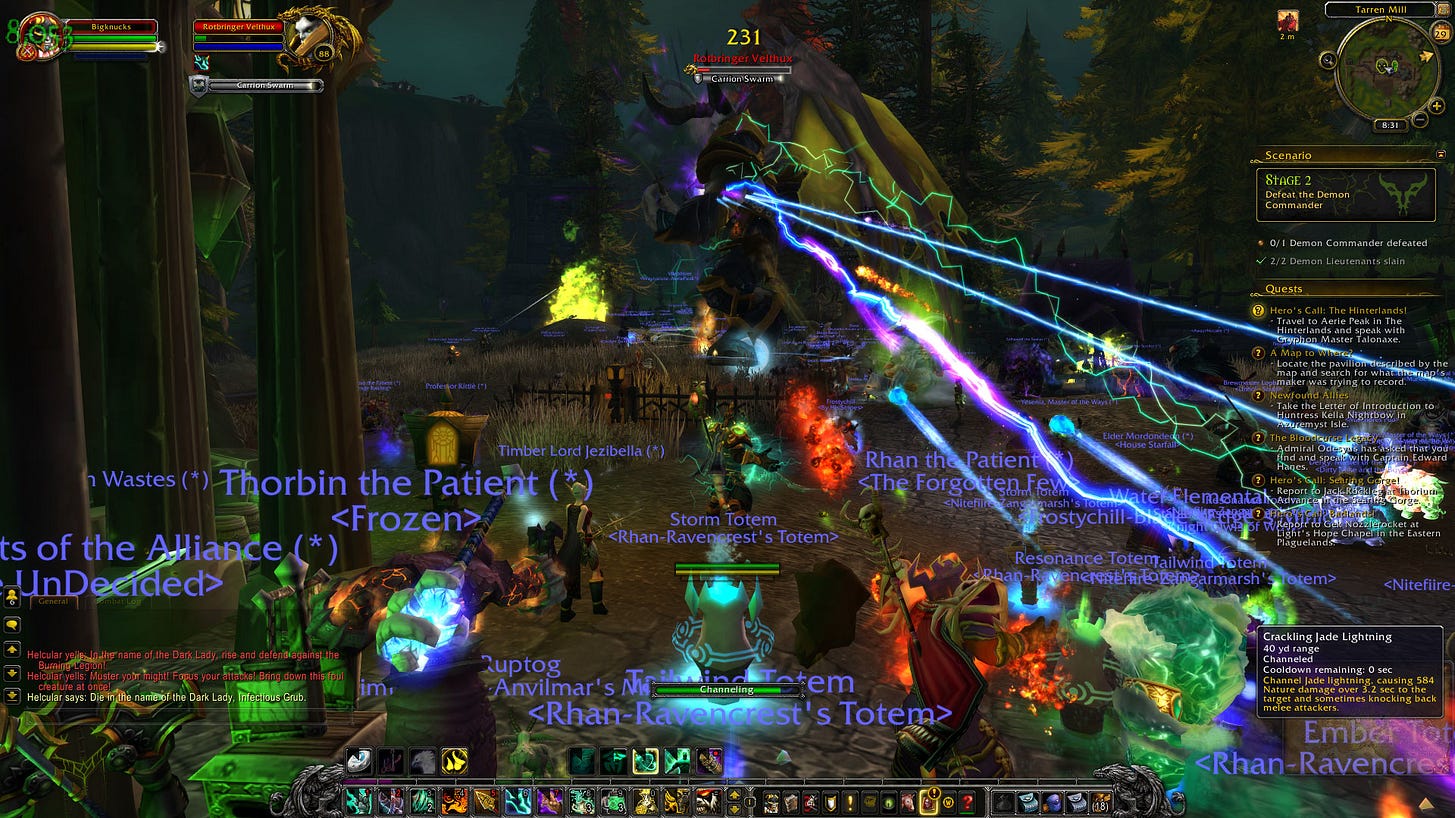The Art of Videogames Funding
This is a short introduction to some of the thinking leading to GameDAO, a decentralised autonomous organisation, wrapped in a legal cooperative in Europe, providing funding and ecosystem tools for video game developers, creative content creators and gamers.
A Swift transition through Time
For many decades the global computer games scene represented the bleeding edge in many disciplines like computer science, creative software engineering and computer graphics. Intelligent systems, wrapping technology in digital art and story telling while squeezing the last bits and render cycles out of existing hardware, whether it was an ATARI 2600, a Commodore Amiga, a current gaming console or multi GPU Desktop PC.
This continuous pushing of the borders of feasibility did not only result in great games, but pushed the limits of hardware manufacturers as well. A fruitful doom loop of constant innovation.
Due to better software, art and hardware, over time, not only the quality and level of immersion increased, but totally new game ideas and ecosystems evolved out of this.
From Boxed to Wired
In the early days games were delivered on Cartridge ROMs and Floppy Discs, later on Compact Discs and through the web. The massive expansion of internet availability and speed not only gave the opportunity of a transition from boxed titles to online distribution but as well initiated various other novelties, from solo or multiple players in front of a console to single or massive multiplayer online games (MMOG) through the global interwebs.
From Play to Win
The early 2000s not only introduced MMO(RP)Gs at scale but also a new way of funding and cost for the operator: Most platforms were fighting for attention, as the games require continuous effort to be successful (as a gamer) and a subscription or payment in advance. Too much investment was needed, which resulted in many games simply being empty ecosystems.
To overcome this barrier some started offering a free period or mode, so players could quickly elaborate on the quality of the system. But this lead to financial gaps and the need for new cashflow ideas: instead of pay to play, the pay to win mode enabled anyone to join for free, but mostly required to invest in virtual items to dominate the gameplay.
This solved the entry barrier and virtually generated continuous cashflow by a mix of subscriptions and purchases for in game items and currency.
Value Gap in Networks
This not only changed the way games were played, developed, maintained and marketed, but also by whom, resulting in a new breed of game development companies growing up.
On the one hand, pay to play quickly gained traction, as it provided fast money. On the other hand, the quality of storytelling quickly decreased. Most of those economies became areas of research for computer security and fraud detection, as the gamers were reverse engineering the underlying algorithms of the typical game modes (e.g. collect, farm, trade, scale, dominate) not only to understand but to automate processes by bots and enhance the efficiency of farming, owning and pawning other players (enemies) and generally hack the infrastructure of this centralised economy. Well, that escalated quickly.
https://www.youtube.com/watch?v=AUjuefLqphYMeanwhile in the Boxed World
The hype around networking and multiplayer games attracted some traditional game publishers and development teams as well. Most studios exist at the line between thriving growth and starvation, as the business model usually works like this:
- Create Idea
- Pitch to Publisher
- Get barely enough to pay people and bills
- Fight afterwards for the cut
- Repeat
Simply put, this is the typical suffering and reason for creativity of these teams. You are always pushing and get pushed to reinvent and hone your skills.
To overcome this mad circle, those groups tried promising combinations, by enhancing the traditional cornerstones of storytelling, graphics and innovative programming with two new areas, networking and in game economies. But in the beginning, they failed miserably on both aspects.
"The Struggle is Real" - somebody on the interwebs.
The Rise of Reconomics
While the overall lifecycle of AA games becomes shorter and more expensive and mobile games abuse primitive instant gratification mechanisms to create more swipe monkeys watching ads to get extra lives like a pet, there are small islands of independent creative work, crossing borders of gaming, game theory, finance and decentralised computation: The growing world of tokenised finance and blockchain.
Driven by bright and creative minds, out of the need of privacy in value transfer to stay anonymous and to provide peer to peer file sharing, a totally new economic movement came up in the first decade of the 21st century. With the rise of Bitcoin and Ethereum two technologies and economies are growing up to smash the traditional worlds of finance, banking and centralised economy and mash it up in more or less decentralised finance products.
Cryptospring
During the last roughly five years there have been various projects seeking funding through a toolset based on digital tokens living on blockchains like Ethereum. These smart contract based artefacts opened the door for finance tools running on blockchain technology: The ICO ( Initial Coin Offering ) - as an alternative to a traditional IPO ( Initial Public Offering ).
While the latter often requires fulfilment of regulatory requirements, ICOs often went off without any proper due diligence and half baked business plans, selling ideas for a token based share. Obviously this led to all kind of scams, shadowing some really cool projects, now driving the rapid development of blockchain technology and finance.
Roughly a more compliant process to conduct a token sale could work like the following, which outlines nicely, how much compliance work is necessary in Token land. Actually not that much different to an old school IPO.
![Swiss Startup Mt Pelerin leads the way in compliant asset tokenisation] (https://cdn-images-1.medium.com/max/1455/0*1fBOwGKYqdtXIBYI)
Where to go next?
What we can learn from above is - and we are not even scratching the surface here - creating video games has its own complexity and complications, whether it is about the idea itself, the technology, how to engage users and maintain the project long term or finally funding this wild beast to attract more great people to work together with.
What is your take on video game funding in times like now? Do you have experiences to share?
We are preparing the launch of GameDAO, which will be unique in many ways. In the next part you will see how all of this relates to our model of GameDAO.
To learn more, stay tuned for the next article, follow us or even better go for our launch notification on https://gamedao.co.
Thanks for watching!
Count Zero
hybrid builder · design · software · hardware · zero.io · gamedao.co
community backed protocol and cooperative for crowdfunding, coordination and ownership — video games, creatives, arts, esports — share · fund · lend · grant · dao · defi · nft — http://discord.gg/gamedao




0 comments